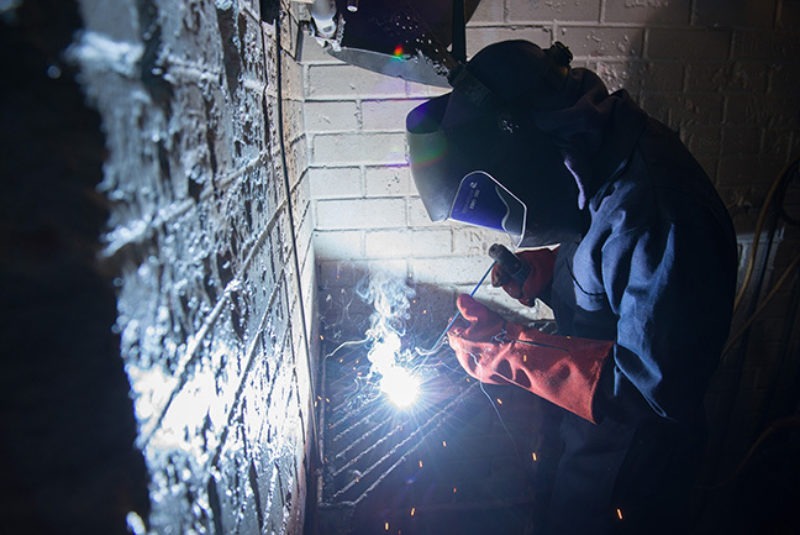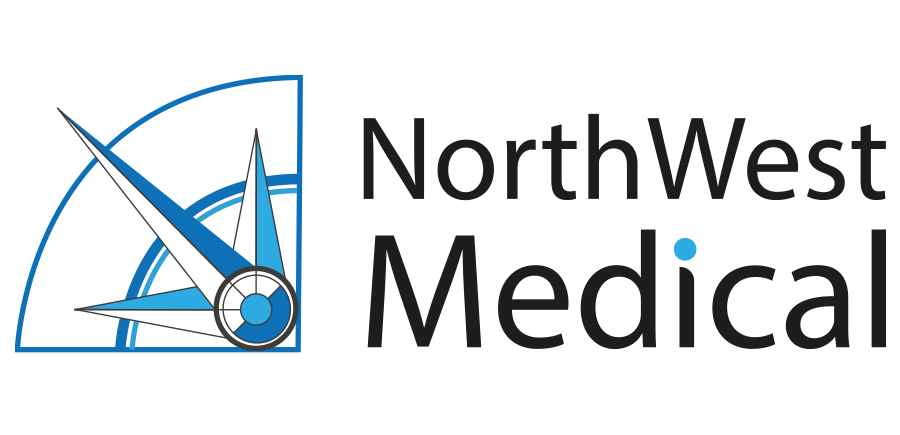Kieran Kennedy, former Managing Director of O’Neills Irish International Sports Company, is set to share his innovation insights in an upcoming webinar.
The October 14 ‘Playing the Innovation Game’ event is the second in the Innovation Stories webinar series, which follow the signing of the historic Derry & Strabane City Deal in February, and also come as Northern Ireland embarks on a Decade of Innovation, set out in the recent publication of the Department for the Economy’s 10X Economy paper.
Londonderry Chamber of Commerce, Derry City and Strabane District Council and Ulster University are collaborating on the series in which City Deal partners select case studies from the region, discuss what innovation means within a business, offer and general advice on embracing digital technologies.
Rosalind Young, Council’s investment manager, said: “Through the visionary Derry and Strabane City Deal, a whole new innovation eco-system will develop here in the region. The people behind the City Deal are inviting businesses to hear best practice and to leave with an idea of how they will play their part in the Decade of Innovation that is ahead.”

For further information and to book go to https://londonderrychamber.co.uk/events/innovation-for-growth-playing-the-innovation-game-14-october/



